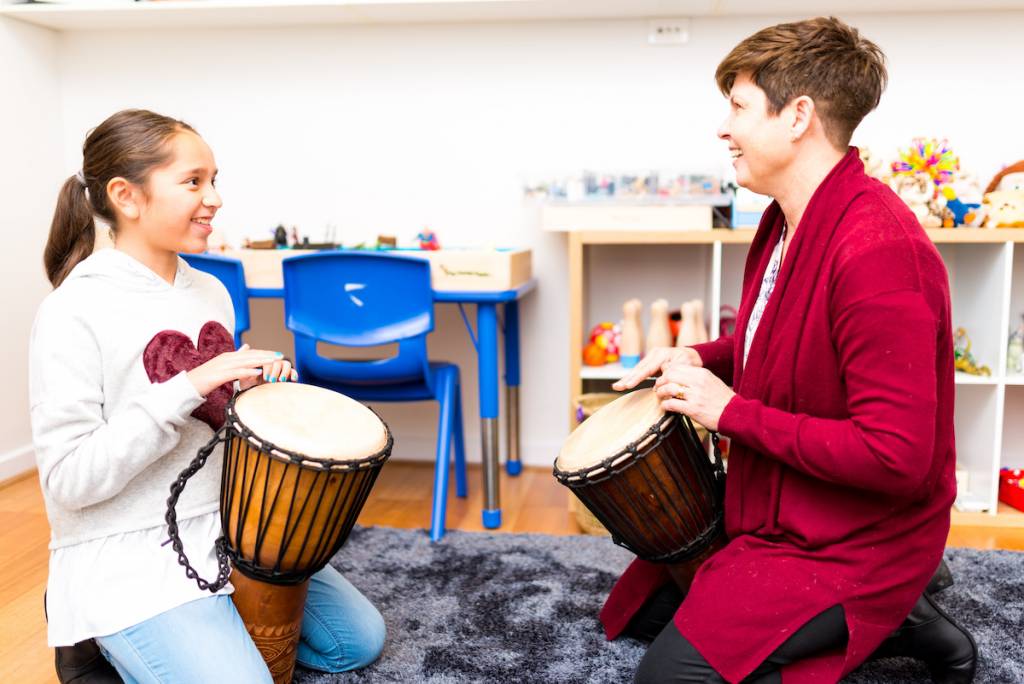Introduction:
Childhood should be a time of innocence, joy, and carefree play. However, for children who have experienced trauma, their world may be clouded by fear, anxiety, and emotional distress. Play therapy emerges as a beacon of hope, offering a unique and effective approach to help these young souls navigate the path to healing. In this blog, we will explore the significance of play therapy and how it serves as a powerful tool in aiding the recovery of children who have experienced trauma.
Understanding Trauma in Children – the Role and Efficacy of Play Therapy:
Trauma can manifest in various forms, including abuse, neglect, loss, or exposure to violence. Children, being particularly vulnerable, may struggle to articulate their feelings verbally. Traditional talk therapies might not be as effective with them, making alternative methods, such as play therapy, essential in addressing their emotional wounds.
1. Non-Verbal Expression:
Children often lack the verbal skills to express complex emotions and experiences. Play therapy provides a safe and supportive environment where they can communicate through play, using toys, art, and games to convey their feelings.
2. Creating a Safe Space:
The therapeutic space is designed to be non-threatening and comfortable, fostering a sense of safety for the child. This allows them to explore and process their emotions without fear of judgment.
3. Building Trust and Rapport:
Play therapy relies on the development of a strong therapeutic alliance between the child and the therapist. Through play, trust is established, creating a foundation for the child to open up and share their experiences.
4. Emotional Regulation:
Trauma often disrupts a child’s ability to regulate emotions. Play therapy helps them identify and manage their feelings, teaching healthy coping mechanisms that can be applied in various aspects of their lives.
5. Narrative Creation:
Children may re-enact their traumatic experiences through play, allowing therapists to observe and guide them toward healthier narratives. This process enables them to make sense of their experiences and reshape their understanding of the events.
6. Empowerment and Control:
Trauma can leave children feeling helpless. Play therapy provides them with choices and control over their play environment, empowering them to make decisions and regain a sense of agency.

Conclusion:
Play therapy stands as a beacon of hope for traumatized children, offering a unique and effective avenue for healing. By embracing the transformative power of play, therapists can help these young souls navigate the intricate path toward recovery. As society becomes more attuned to the needs of children who have experienced trauma, incorporating play therapy into mental health interventions becomes not just an option but a crucial component in helping these children reclaim their childhood and build a foundation for a brighter future.
The information provided in this blog should be used for education and informational purposes only. It should not replace the therapy or the therapeutic relationship. If you require parenting or mental health support for your child, please don’t hesitate to reach out to the team at CoRe Kids Therapy.
For more information or to book an appointment. contact us.




